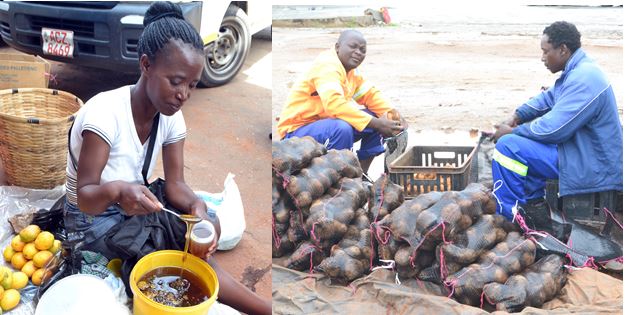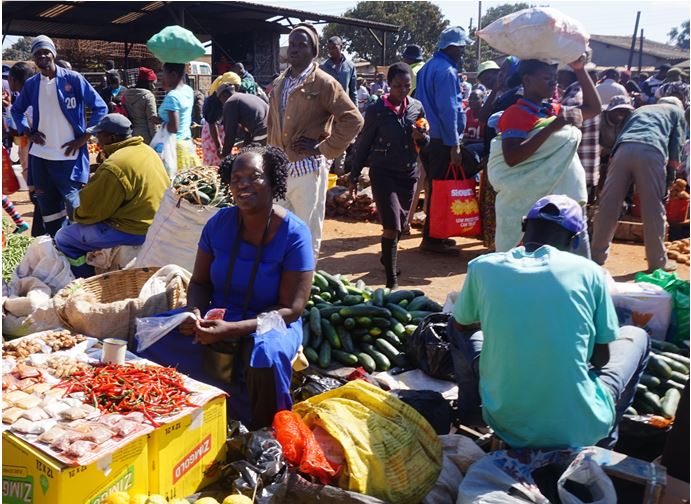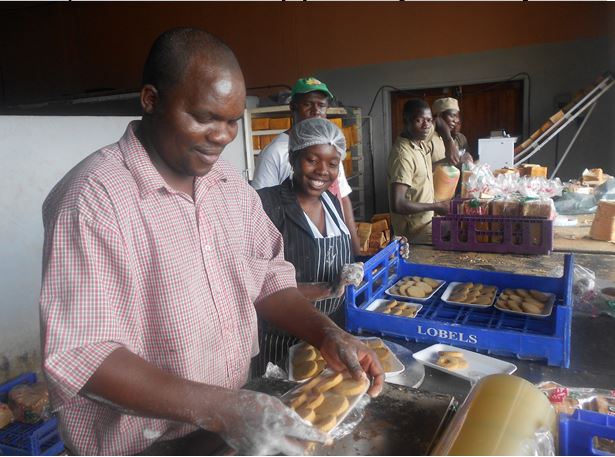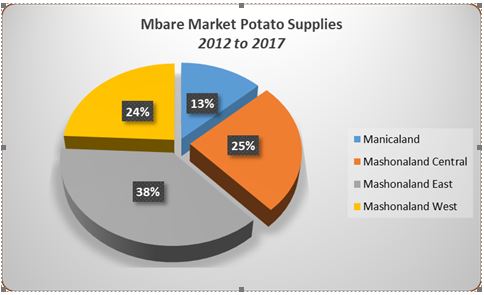More reasons for decolonizing banking systems in developing countries
While some developing economies are evolving rapidly, local banks are clutching onto colonial identities. For instance, in most African countries banking as a practice has kept colonial labels such as Commercial Bank, Merchant Bank and Building Society, among other categories whose meaning and differences are not clear to ordinary people. This identity crisis, with colonial Read more about More reasons for decolonizing banking systems in developing countries[…]









